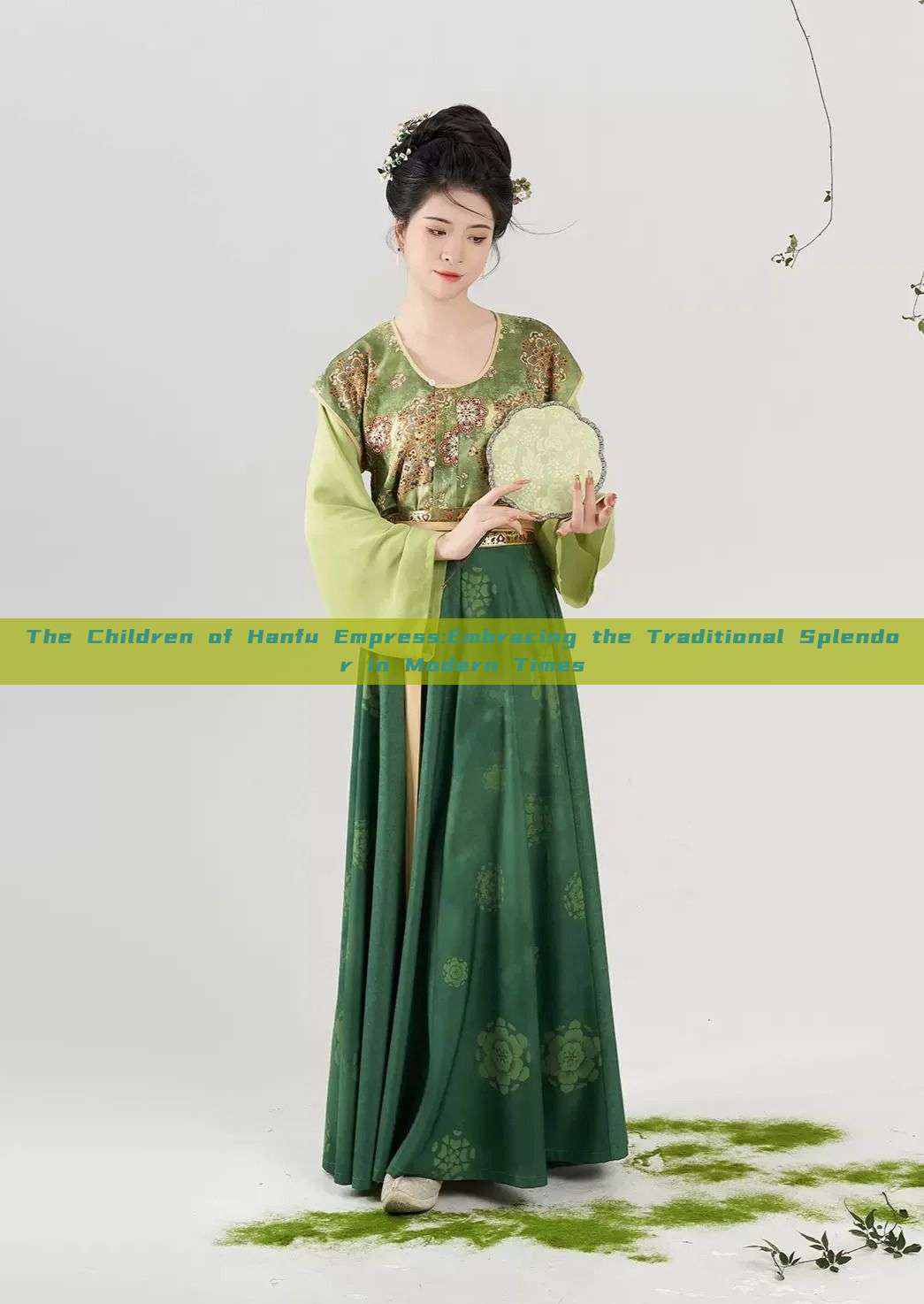In the heart of modern cities, where skyscrapers and technology thrive, a new movement is quietly taking shape. It is the revival of Hanfu culture, a traditional Chinese attire that dates back thousands of years. At the forefront of this movement are the children, who are not only embracing the beauty of Hanfu but also carrying forward its legacy. Among them, the 'Hanfu Empress children' are a remarkable phenomenon.

The Hanfu Empress children, as a group, are not just wearing traditional costumes; they are embracing a culture and an identity. They are learning the art of dressing up in layers, understanding the significance of each piece of clothing, and carrying themselves with grace and dignity. This isn't about following trends; it's about honoring their ancestors' wisdom and beauty.
In an era where western influences dominate, these children are holding fast to their cultural roots. They wear Hanfu to school, to parties, and even on casual outings, showing a profound respect for their cultural heritage. This isn't just about fashion; it's about pride and identity.
The Hanfu Empress children learn more than just how to wear traditional clothes. They learn about the rich history and culture behind each piece. They learn about the symbols and motifs that are integral to Hanfu design, and they learn about the stories and legends associated with them. This education isn't just about textbooks; it's about living history and culture.
This movement is not without its challenges. There are those who question the relevance of traditional Hanfu in modern times, but the children are unwavering in their commitment. They believe that by wearing Hanfu, they are not just representing a style; they are representing their culture and heritage. They are showing the world that there is beauty in diversity and that traditional does not mean outdated.
The impact of these children is profound. They are breaking stereotypes and showing the world that modernity and tradition can coexist harmoniously. They are ambassadors for their culture, showing the world that Hanfu is not just a piece of clothing; it's a way of life, an identity, and a legacy that needs to be carried forward.
The Hanfu Empress children are not just wearing traditional costumes; they are ambassadors for their culture. Their dedication and passion inspire others to appreciate their cultural heritage and to respect the rich history that lies behind it. By embracing Hanfu, these children are not just following a trend; they are carrying forward a legacy that dates back thousands of years.
Their influence extends beyond their community, as they share their experiences and knowledge on social media platforms, inspiring others to appreciate their own cultural heritage. They show the world that traditional does not mean outdated but rather represents a deep sense of identity and pride.
In conclusion, the children of Hanfu Empress are not just wearing traditional costumes; they are ambassadors for their culture and heritage. Their dedication and passion inspire others to appreciate their cultural roots and to respect the rich history that lies behind it. By embracing Hanfu, they are carrying forward a legacy that dates back thousands of years and showing the world that there is beauty in diversity and that tradition and modernity can coexist harmoniously. The future is bright for these children as they continue to embrace their cultural heritage and inspire others to do the same.
This movement is not just about fashion or style; it's about pride, identity, and heritage. The children of Hanfu Empress are at the forefront of this movement, showing the world that traditional values and modern lifestyles can go hand in hand. Their dedication and passion inspire others to appreciate their own cultural heritage and to respect the rich history that lies behind it. As they grow, these children will continue to influence others positively, carrying forward this legacy for generations to come.
